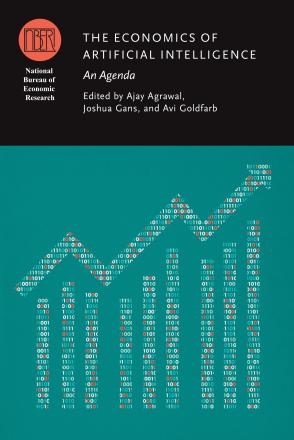Prediction, Judgment, and Complexity: A Theory of Decision-Making and Artificial Intelligence

We interpret recent developments in the field of artificial intelligence (AI) as improvements in prediction technology. In this paper, we explore the consequences of improved prediction in decision-making. To do so, we adapt existing models of decision-making under uncertainty to account for the process of determining payoffs. We label this process of determining the payoffs "judgment." There is a risky action, whose payoff depends on the state, and a safe action with the same payoff in every state. Judgment is costly; for each potential state, it requires thought on what the payoff might be. Prediction and judgment are complements as long as judgment is not too difficult. We show that in complex environments with a large number of potential states, the effect of improvements in prediction on the importance of judgment depend a great deal on whether the improvements in prediction enable automated decision-making. We discuss the implications of improved prediction in the face of complexity for automation, contracts, and firm boundaries.
-
-
Copy CitationAjay Agrawal, Joshua Gans, and Avi Goldfarb, The Economics of Artificial Intelligence: An Agenda (University of Chicago Press, 2018), chap. 3, https://www.nber.org/books-and-chapters/economics-artificial-intelligence-agenda/prediction-judgment-and-complexity-theory-decision-making-and-artificial-intelligence.Download Citation
-


